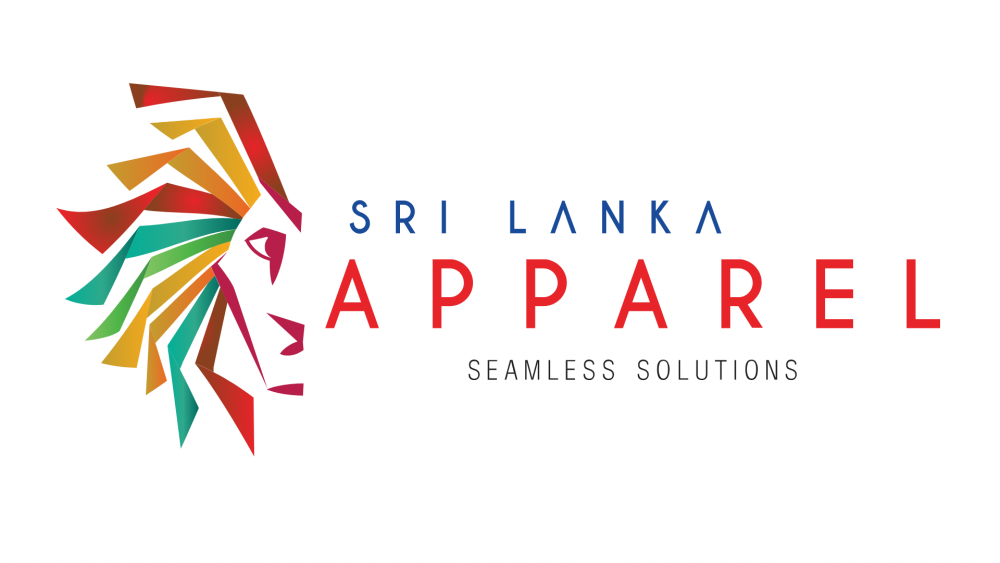Sri Lanka’s apparel industry has raised significant concerns about the new Reciprocal Tariff policy introduced by the U.S. government earlier today. The proposed tariffs could have a severe impact on Sri Lanka’s largest export sector, putting thousands of jobs at risk.
U.S. President Donald Trump announced a 10% baseline tariff on all imports, set to take effect on April 5. Starting April 9, a 44% “reciprocal” tariff will be imposed on Sri Lankan exports.
Yohan Lawrence, Secretary General of the Joint Apparel Association Forum (JAAF), expressed alarm over the tariff increase. “This tariff level is extremely high relative to our regional competitors,” he said. “Sri Lanka could quickly see its share of U.S. business shift to countries with lower tariffs.”
The United States is Sri Lanka’s largest single-country apparel market, accounting for over 40% of the sector’s total exports, which exceeded USD 5.5 billion in 2023.
“With tariffs coming into effect almost immediately, the impact will be swift and severe. We could see the bulk of our U.S. business migrate to competitor markets,” Lawrence added. “This volume of business simply cannot be replaced through other markets.”
In response, the Government of Sri Lanka has already begun consultations with the apparel industry and other stakeholders to develop a suitable strategy moving forward.
“We are very appreciative of the immediate actions taken by the Government to address this situation,” said Lawrence. “We are working closely with the authorities to find a solution while remaining within the constraints of Sri Lanka’s ongoing IMF program.”
Despite the challenges, the apparel sector remains committed to transparency, ethical production, and sustainable practices.
“Our focus is now on engagement, agility, and ensuring Sri Lanka remains a trusted sourcing destination,” Lawrence emphasized. “However, this situation is serious and must be addressed with national urgency.”


